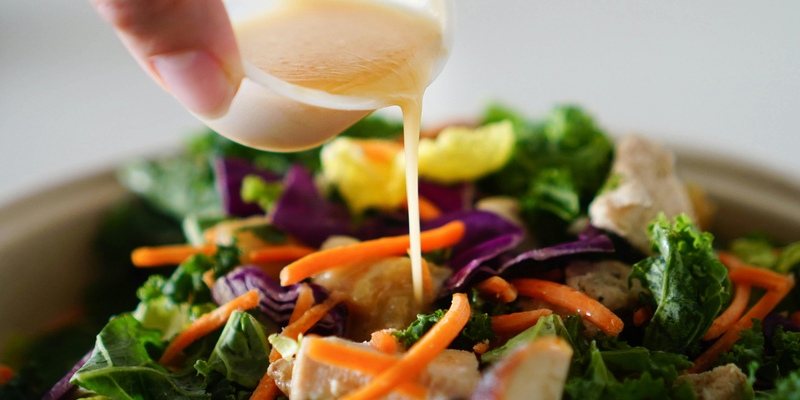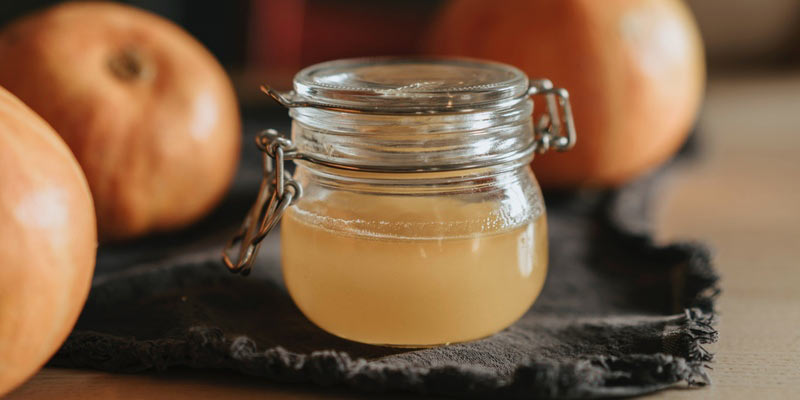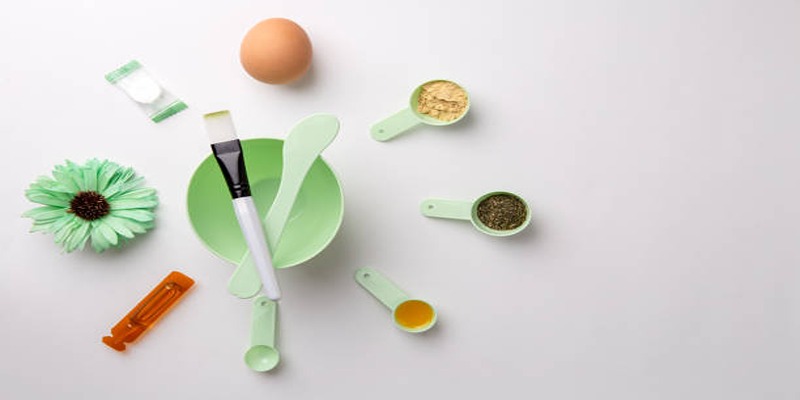Quercetin belongs to the class of flavonoids, which are present in most fruits, vegetables, and flowers. Quercetin, the antioxidant, scavenges the free radicals and stops the harm of free radicals.
Quercetin has to be found effective in curing heart diseases, allergies, blood pressure, and cancer. The compound reduces blood sugar and cholesterol levels, boosts the immune system, helps in weight management, and has antimicrobial properties. Quercetin can be beneficial in multiple ways. But, even then, you should take at most 1000 mg; otherwise, it can damage your body.
To know more about quercetin and its potential health benefits, continue reading this flavonoid's amazing health benefits!
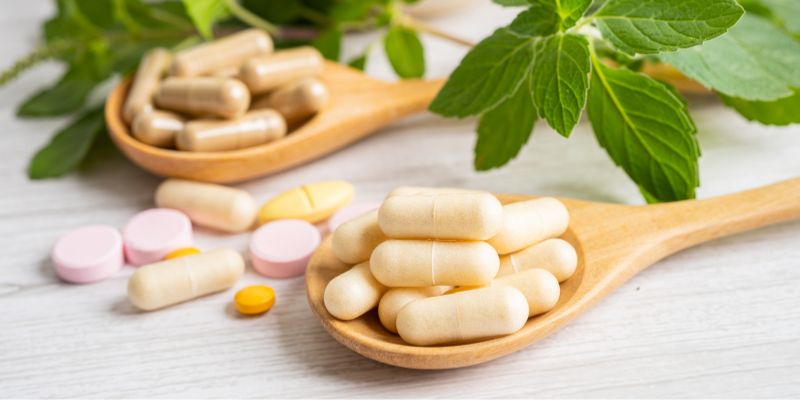
What Is Quercetin?
The substance known as quercetin is a member of the flavonoid. Polyphenol is found in many fruits and vegetables and gives them their characteristic colors.
Quercetin acts as an antioxidant. Free radicals are the unstable molecules present in our bodies. These radicals can cause significant cell damage if their number arises in the body. The damage due to these free radicals can lead to other chronic conditions, including diabetes, cell diseases, and cancer.
Antioxidants like quercetin fight against these radicals, neutralize them, and save you from these diseases. Therefore, you must try to include quercetin in your diet. A person must consume about 10 to 100 mg of quercetin daily. Additionally, quercetin, an antioxidant, benefits your body in various ways.
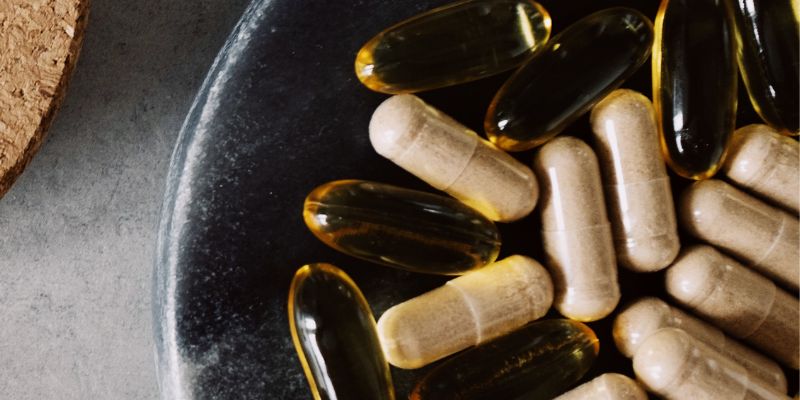
Health Benefits Of Quercetin
The antioxidant qualities of quercetin are associated with many possible health advantages. These are:
Reduce Inflammation
The body typically reacts to stress and trauma with inflammation, which often aids in the healing process. Quercetin has anti-inflammatory properties.
Ease The Allergy Symptoms
Quercetin has "anti-allergic" properties, including lowering discomfort and preventing histamine synthesis, linked to allergies and allergic asthma.
Reduce The Risk Of Chronic Brain Disorders
Coffee's main ingredient, quercetin, gives it possible immunity to this disease (chronic brain dysfunction).
Anticancer Properties
Plenty of fruits and vegetables high in flavonoids can reduce the possibility of cancer and inhibit the formation of cancer cells.
Effect on High Blood Pressure
Using vitamins containing quercetin may be a useful strategy for lowering blood pressure. Blood vessels seemed to relax as a result of the substance.
Fight Against Radicals
Due to its antioxidant qualities, quercetin helps shield cells from damage caused by oxidative stress. Oxidative damage happens when an overabundance of free radicals overpowers the body's natural antioxidant defenses.
Reduce The Risk Of Infections
Numerous viral infections, including the flu and the common cold, may benefit from quercetin's curative and preventive properties.
Reduce The Risk Of Cardiovascular Diseases
Food is crucial to lowering the possibility of cardiovascular diseases. Flavonoids in fruits and vegetables may help lower the chance of developing certain illnesses.
Reduce The Blood Sugar Level
Quercetin acts on several sites in the small intestine, pancreas, skeletal muscle, and liver; it affects whole-body glucose levels, making it a promising treatment option for diabetes.
Promote Exercise Recovery
Supplementing with quercetin promotes the healing process after muscle injury caused by extreme exercise. Increases in plasma levels of anabolic substances that aid in reducing damage and accelerating muscle repair are brought about by quercetin.
Antimicrobial Properties
Due to its wide-ranging antibacterial qualities, quercetin could combat infections caused by resistant bacteria to therapy.
Helps In Weight Management
Quercetin might aid with weight loss. Using 100mg of quercetin daily for 12 weeks can result in considerable reductions in weight, index of mass, and sizes of the waist, hips, and thighs.
Supports The Immune System
For the immune system to mount a successful defense, it requires energy and a range of nutrients. Quercetin supports the immune cell recruitment procedure and other mechanisms involved in the inflammatory reaction.
Reduce Cholesterol Level
Individuals with flavonoid-rich diets have reduced cholesterol. Quercetin significantly improved HDL's ability to accept cholesterol and decreased oxidation.
Other Health Benefits
Here are a few more possible benefits for quercetin:
- Longevity: Because of its capacity to fight oxidative damage and encourage the formation of mitochondria, quercetin may lengthen life.
- Interstitial cystitis: Broadly, flavonoids aid women who experience extreme strain and pain in their bladders associated with interstitial cystitis.
- Might aid in the fight against aging: Quercetin may lessen aging signs and aid in renewing or eliminating old cells.
Sources of Quercetin
The compound is abundant in nature if you can get quercetin from food. You can easily take about 5 to 40 milligrams of quercetin through food as there are different fruits and vegetables rich in quercetin.
Below are the fruits and vegetables that are considered to be good sources of quercetin:
- Capers
- Peppers
- Shallots
- Cherries
- Red apples
- Red grapes
- Broccoli
- Red leaf lettuce
- Nuts and seeds
- Kale
Onions have 28.4–48.6 mg of quercetin per 100 g, making them one of the greatest dietary flavonoid sources. Compared to conventionally cultivated tomatoes, organic tomatoes seem to contain up to 79% more quercetin. Additionally, quercetin can be purchased as a dietary supplement; normal dosages range from 500 to 1000 mg daily.
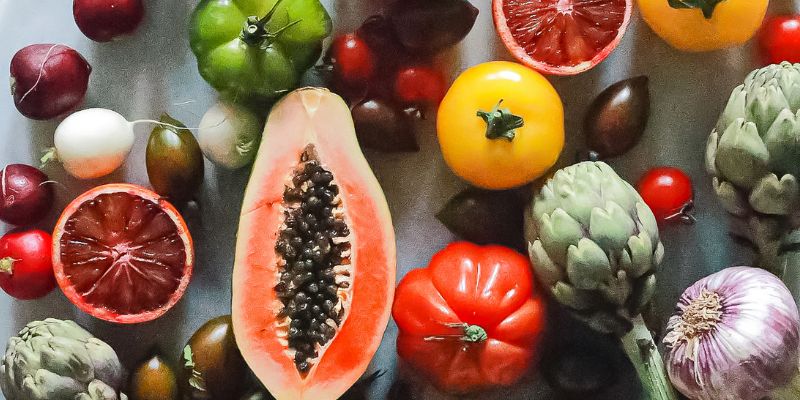
Is There Any Side Effect Of Quercetin
Food-based quercetin consumption is generally safe. Although major problems are associated with quercetin supplementation, migraine, stomach pain, and burning in the arms and legs are possible side effects. Some common issues are blurred vision, dizziness, nervousness, slow or fast heartbeat, and itching skin near damaged veins.
Supplementing with quercetin may aggravate issues with the kidneys. Additionally, its uses should be discouraged by anyone with kidney issues or disorders. The adverse reactions from supplementing can appear differently in each person. Some people can be more sensitive than others. So, if you encounter any side effects, you must visit a doctor.
Conclusion:
Quercetin is found in various food items and has gained immense attention recently. It helps in healthy cellular functioning, cures heart diseases, fights against cancer cells, reduces cholesterol levels, maintains blood pressure, and has antibacterial properties. The compound is available in various forms, including tea and plant-based foods. But, you must take at most 1000mg/day.


